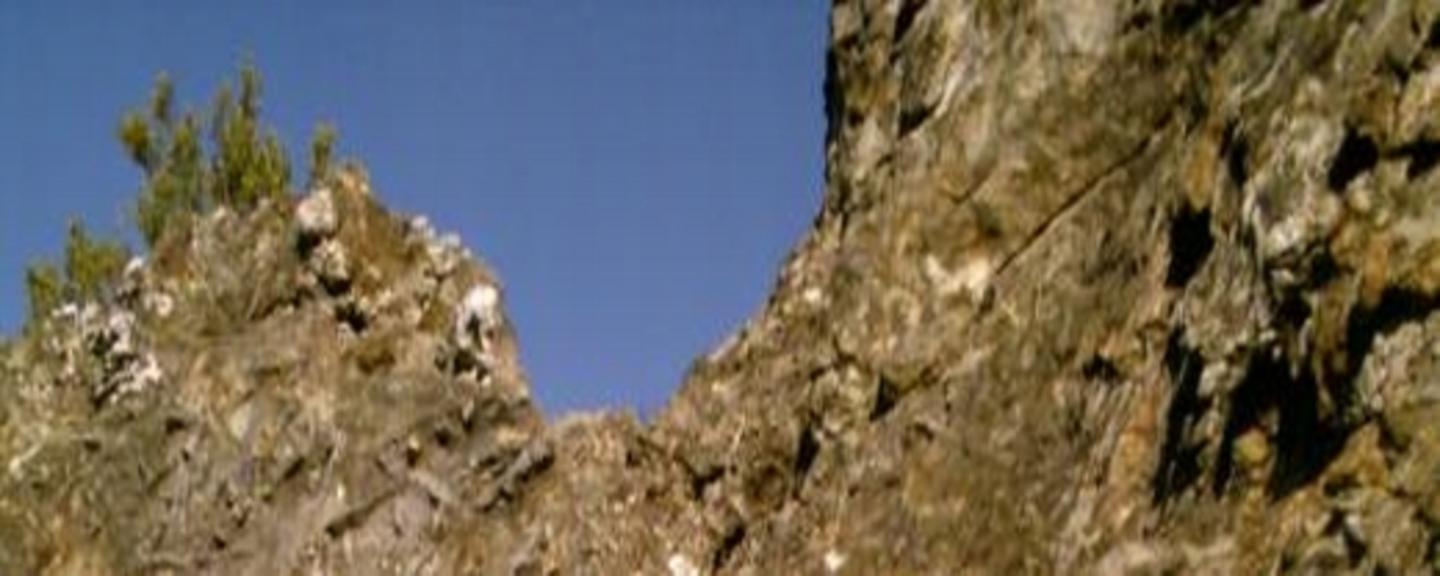Supported by a €0.9 million grant from the EEA Grants, the research project breaks new ground in its attempt to implement Agenda 21 processes in Portuguese schools and counties. Agenda 21 dates back to the UN Rio Summit in 1992, and is a comprehensive plan of actions for sustainable development to be taken at global, national and local levels.
“I was looking for an innovative approach to gathering of data, while getting our university out there, further than just the campus buildings. I wanted us to be in touch with the real world, and finally I wanted to contribute to reducing the large differences in development within Portugal,” Dr José Rocha e Silva said.
He added: “Collecting environmental data is normally tremendously expensive, so we thought up the idea of using secondary school students to gather the information. By providing schools with an incentive through scientific support and information on environmental issues, they are encouraged to sample various forms of environmental data. Thus we get the data at a very low cost,” he said. Measuring everything from weather conditions, hydrology and soils, the project brings together teachers and students from geography, physics, science, mathematics to language studies and philosophy. An e-learning platform allows the over 120 teachers involved to access the information necessary to carry out the research.
The schools send the data via the internet to the University of Porto, where it is processed and analysed. “We contacted the schools directly, and visited them wherever in the country they were located,” continued Dr Rocha e Silva. “As the University of Porto is the largest university in Portugal, schools are very happy to collaborate with us. Now, there are more schools wanting to work with us than we can manage to coordinate. ”Through local secondary school teachers, the research team has also managed to establish contact and close cooperation with municipalities, true to the aims of Agenda 21.
The project has been highly successful so far, and Dr Rocha e Silva would like to take the project idea further: “I believe we can use our experience to build an environmental monitoring mechanism to cover all of Europe,” he said enthusiastically.
